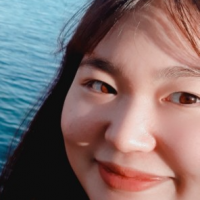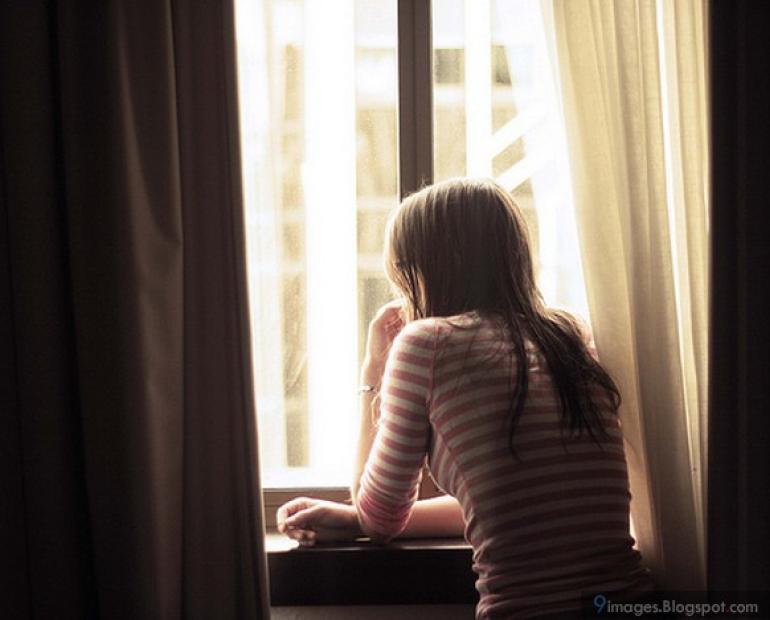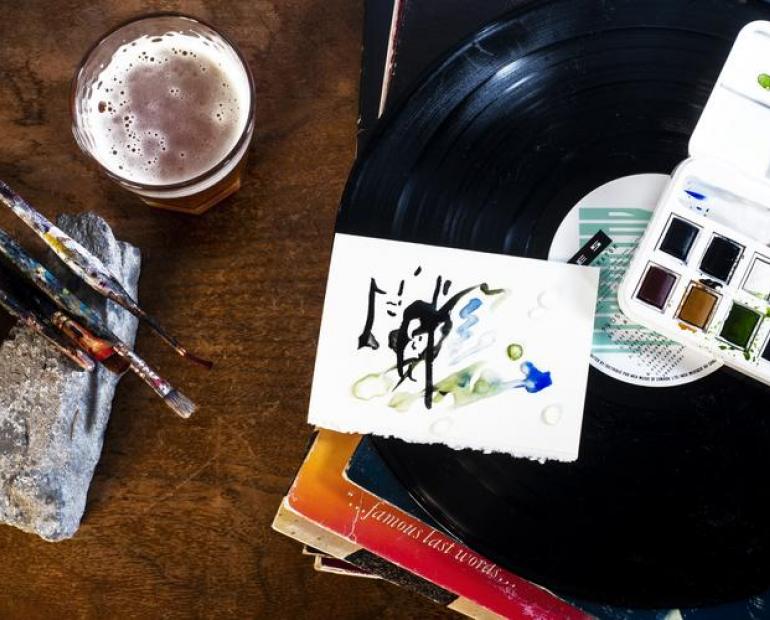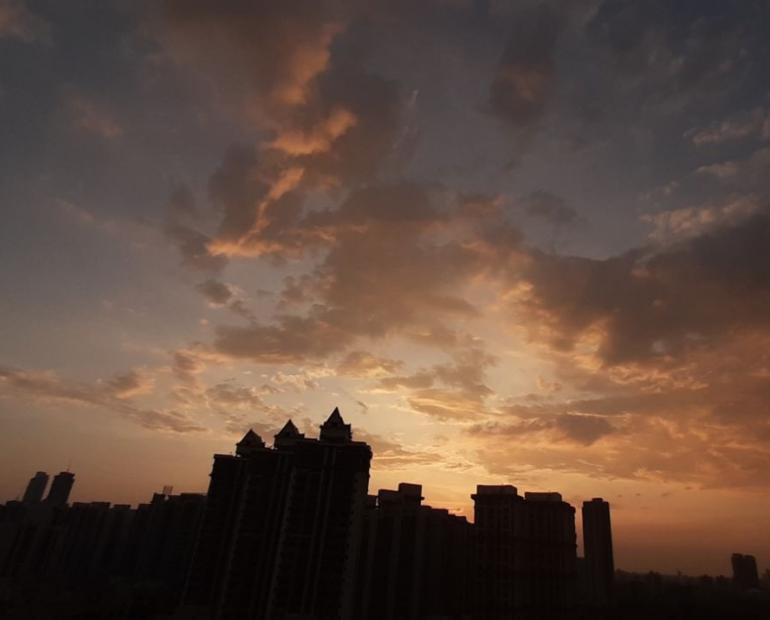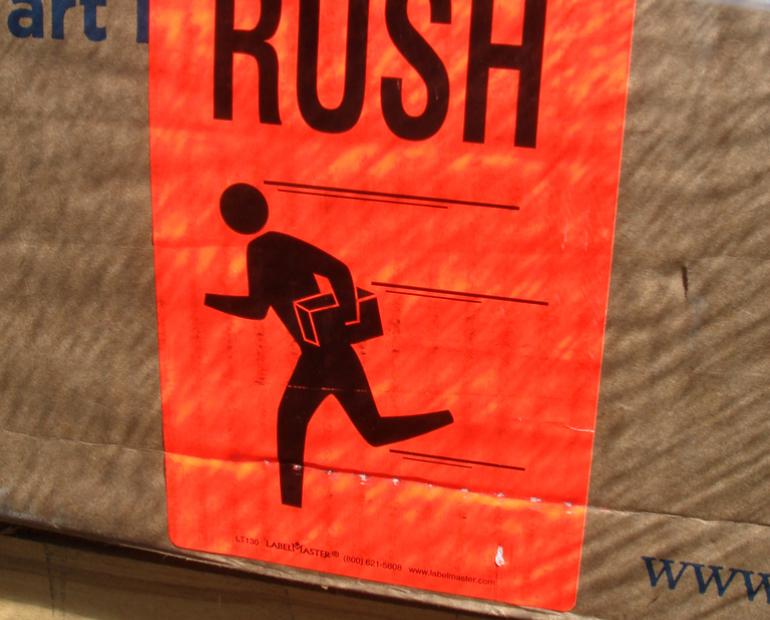
I never would have imagined that it would take 81 days to give my mom a hug. This is my COVID-19 story.
Settling into Geneva
With a pounding heart, I gave my mom a last hug in the airport and uprooted myself to Geneva on 27 January. I was heading to my new internship with the UNICEF campaigns team, full of expectations, ready to learn. I thought living in Geneva would be a good ‘trial run’ for living abroad. It was not the first time I was apart from my family; however, it was my first time in another country all alone.
Feeling alone
The hardest for me was the emotional isolation.
I wasn’t much prepared to live in a place with a totally foreign language. I studied French before coming to Geneva, but I was not fluent. Everything was written in German or French and workers (at the grocery store, public transport, restaurants) mostly did not speak English. I felt totally foreign, an outsider. I didn’t have a single person to talk to.
Fortunately, I made some friends. The first was a fellow UNICEF intern from China. She introduced me to more interns, and soon I was meeting more and more people. I went to a Korean church in Geneva and made a lot of friends. But I still could not shake this feeling of loneliness when I was on the street or at home alone. Suddenly, my work with UNICEF’s campaign for migrant children became personal. Though I came to Geneva to make opportunities for myself, I was overwhelmed.

Living in COVID lockdown
The pandemic was already an issue when I left Korea. But I didn’t think it would follow me to Europe. On 13 March, UNICEF changed to telecommuting.
I was worried about getting the virus, but I was also worried about discrimination. Some people yelled Chinese and Japanese words at me. I didn’t experience anything worse, but I was getting scared just by reading articles on harassment. I also worried about getting medical treatment in Switzerland. I thought that as a foreigner, it would be harder for me to get it.
I dreaded the isolation in quarantine. My mom called me a lot, worrying. She asked me my thoughts on coming home. I started to think that at least I would not be alone if I went back. So, I made the decision: I was going back to South Korea in the middle of a global pandemic.
My way back to South Korea
I arrived in South Korea on 1 April. At my layover in Amsterdam, all passengers going to South Korea had to go through a temperature check. There were so many Koreans at the airport trying to go home. I almost forgot that I was in Amsterdam. Most were social distancing and wearing masks, but space was limited. Some shops were open, so luckily, I could buy a gift for my mom.
When I arrived in Korea, I had to wait in line four hours for another temperature check. Airport officers, public health officers and the military were checking all international arrivals. We downloaded a self-quarantine application. Everyone had to quarantine for 14 days. People without COVID-19 symptoms could either go to a government quarantine facility or self-quarantine at a designated address. I chose to self-quarantine at my parents’ house. My mom picked me up at the airport, but we couldn’t hug.

Fourteen days of quarantine
I had to stay in my bedroom for 14 days. Health-care workers came for the first coronavirus testing – I needed a test at the beginning and end of quarantine. The result was negative, but I still had to stay in my room. The officer called me at least once a day to check in and verify that I hadn’t left my room. I had to input my symptoms twice a day on the app.
I could not see my family – we ate together by video calls. Sometimes the connection was bad, and my sister would joke that I was still living in Switzerland. My mom cooked for me and left the meal outside my door. I had to use disposable dishes and chopsticks. I had to wear a mask and gloves to go to the bathroom. I had to disinfect regularly.
At the end of my quarantine, health-care officers came to my house for the second coronavirus testing. I tested negative again. As soon as I told my mom, she came and gave me a hug. I was finally free.

Advice for people in quarantine
This journey was quite hard, but I think it was worth it, to avoid spreading the virus.
It was a good time for self-reflection. I realized parts of me I didn’t know before – about what I like, what I value in my life. I also found so many people around me who were supportive of the decisions that I made with love.
I know that it is a difficult time for all, especially for those separated from their families. Yet, I think this could be an opportunity for all of us to jump on our sense of solidarity – and use it to make an even better post-COVID world.


